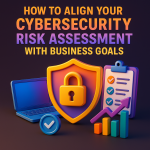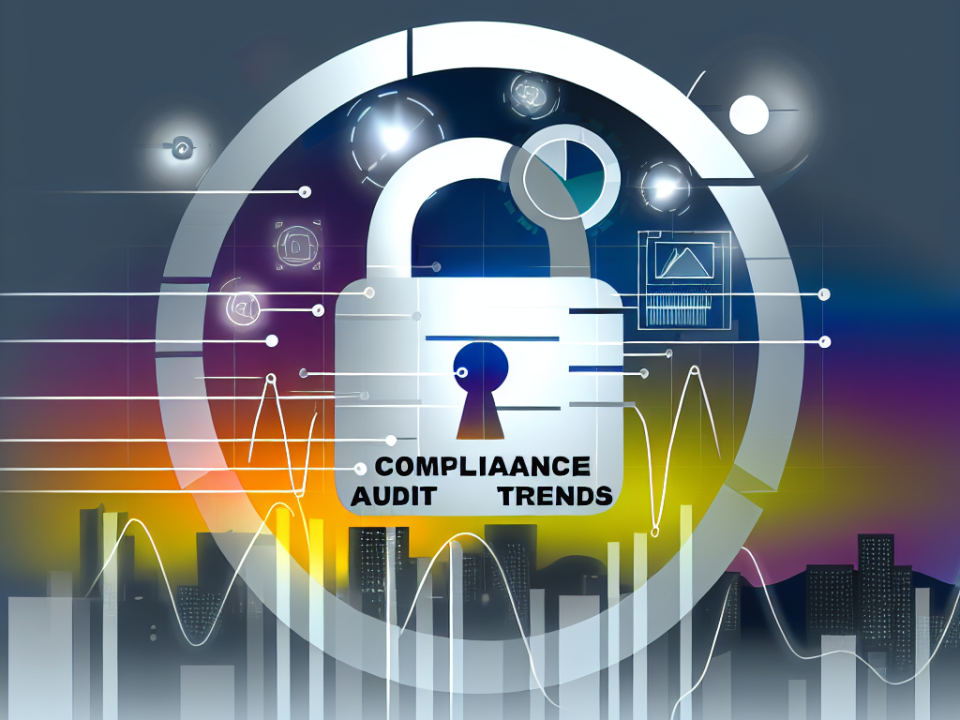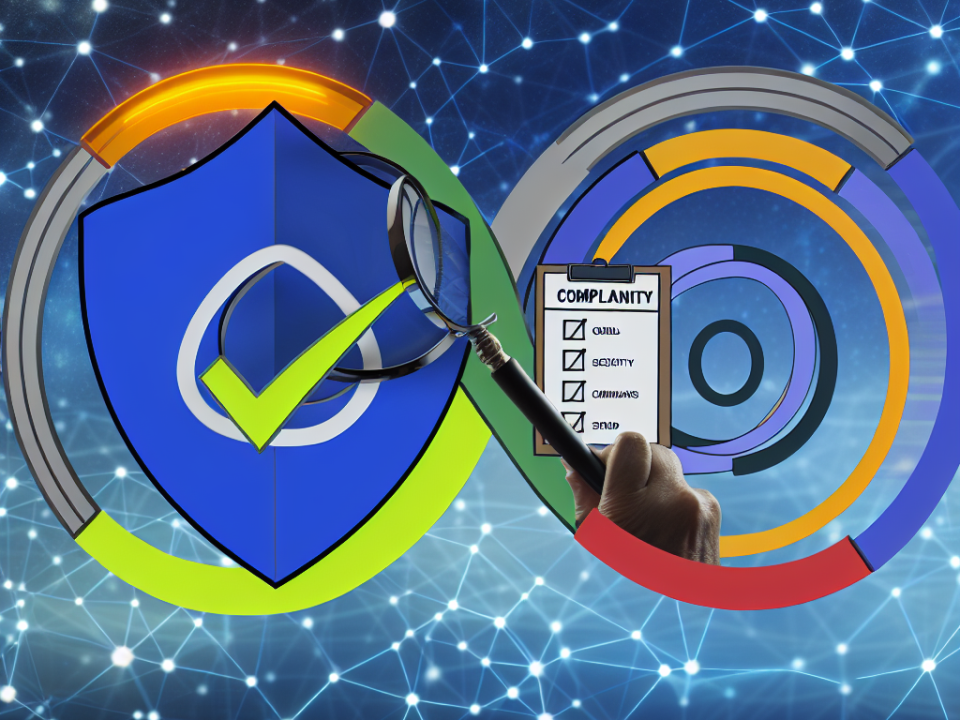
How to Align Your Cybersecurity Risk Assessment with Business Goals
June 2, 2025
Enhancing Your Cybersecurity Posture: The Importance of Regular Risk Assessments
June 2, 2025
In today’s rapidly evolving digital landscape, security compliance standards have become a crucial aspect of business operations. As organizations increasingly rely on technology and the internet to conduct business, they find themselves more vulnerable to cyberattacks, data breaches, and other threats. Security compliance standards provide a framework that helps organizations protect sensitive information, safeguard their reputation, and gain a competitive advantage. Here’s why these standards are essential for modern businesses.
1. Protection Against Cyber Threats
Cyberattacks are on the rise, with hackers employing sophisticated techniques to breach company defenses. Compliance standards such as the General Data Protection Regulation (GDPR), the Health Insurance Portability and Accountability Act (HIPAA), and the Payment Card Industry Data Security Standard (PCI DSS) offer guidelines that help businesses protect sensitive data. By adhering to these standards, organizations can implement the necessary safeguards to prevent unauthorized access and mitigate potential damage.
2. Building Trust with Customers
Trust is a critical component of customer relationships. Consumers are increasingly aware of the risks associated with sharing their personal information online. Organizations that prioritize security compliance not only protect their customers’ data but also build trust through transparency and accountability. By demonstrating adherence to recognized compliance standards, businesses signal to customers that they are serious about protecting their privacy, thereby enhancing brand loyalty and customer satisfaction.
3. Legal and Regulatory Requirements
Non-compliance with industry regulations can have severe legal ramifications for businesses, including hefty fines and damage to reputation. Various industries have specific compliance requirements, and businesses must be aware of and adhere to these regulations. For instance, healthcare organizations must comply with HIPAA to safeguard patient information, while finance-related entities must follow regulations set forth by the Financial Industry Regulatory Authority (FINRA). Understanding and implementing compliance standards can help organizations avoid legal pitfalls.
4. Operational Efficiency
While compliance may initially seem like a burden, it can lead to improved operational efficiency. Compliance standards often require businesses to adopt best practices in information security management. This can streamline workflows, minimize redundancies, and ultimately enhance productivity. Organizations that invest in best practices for security compliance report improved internal processes, which can lead to better service delivery and increased profitability.
5. Competitive Advantage
In a crowded marketplace, businesses that demonstrate a commitment to security compliance can differentiate themselves from the competition. Clients and customers are more likely to choose vendors that prioritize the protection of their data. By highlighting compliance achievements, such as certifications or adherence to recognized standards, businesses can position themselves as industry leaders in security and data management, enhancing their marketability and attracting more customers.
6. Preparedness for Future Threats
The threat landscape is continually changing, with new technologies and attack vectors emerging regularly. Compliance standards are regularly updated to address these evolving threats, ensuring that organizations remain vigilant in their security practices. By adhering to current standards, businesses can stay ahead of potential risks and improve their ability to respond to incidents effectively.
Conclusion
In a world where the digital environment is intricately woven into the fabric of modern business operations, security compliance standards are not merely guidelines; they are vital to the survival and growth of organizations. From protecting sensitive data to ensuring legal compliance and building customer trust, the importance of these standards cannot be overstated. As cyber threats become increasingly sophisticated, businesses must prioritize security compliance to safeguard their interests, enhance their reputation, and thrive in an ever-competitive marketplace. Embracing security compliance is not only a smart business decision; it’s a fundamental component of responsible corporate governance in the digital age.







